The Indus Valley, a Direct-to-Consumer (D2C) kitchenware startup, has successfully raised INR 23.1 crore (approximately $2.7 million) in its Pre-Series A funding round. This funding round was led by its existing investor, DSG Consumer Partners, and also saw participation from other investors including White Whale Partners, Rukam Capital, and a few angel investors. The funds will be utilized to scale up the company’s operations, enhance its product offerings, and increase brand visibility in a growing market for sustainable kitchenware.
Founded in 2016 by entrepreneurs Madhumitha Udaykumar and Jagadeesh Kumar, The Indus Valley has quickly emerged as a leading name in the kitchenware sector by focusing on offering non-toxic cookware crafted from chemical-free materials such as iron, cast iron, stainless steel, wood, and clay. The company has capitalized on the growing trend of consumers becoming more health-conscious and increasingly demanding products free from harmful chemicals, particularly those used in everyday cooking.
As part of the funding round, the startup’s shareholders passed a resolution to issue 41,485 compulsory convertible preference shares (CCPS) at an issue price of INR 5,580.4 each. This decision reflects the company’s strategy to raise capital in a way that allows the investors to convert their investment into equity at a later stage, depending on certain conditions.
DSG Consumer Partners, a prominent venture capital firm with a history of backing successful consumer-focused startups, will contribute INR 12.5 crore to this funding round, continuing its support for The Indus Valley. Rukam Capital, another key investor, has committed INR 3 crore. The participation of White Whale Partners and several angel investors further strengthens the financial backing for the company, positioning it for accelerated growth in the competitive kitchenware space.
The Indus Valley’s core product offering revolves around cookware that is both functional and eco-friendly. The market for non-toxic, sustainable kitchenware is growing rapidly as more consumers are prioritizing products that promote a healthier lifestyle and minimize exposure to harmful chemicals. The company’s range includes high-quality kitchen essentials such as cast iron skillets, cookware sets, and cookware accessories. Their products are designed to be durable, long-lasting, and chemical-free, appealing to environmentally-conscious and health-focused customers.
The company has leveraged the D2C business model to build a strong, direct connection with its customers. This allows them to better understand customer preferences, offer personalized solutions, and receive real-time feedback, which is critical for product innovation and customer satisfaction. The startup’s online platform provides a seamless shopping experience, further strengthening its position in the market. As the demand for sustainable products continues to rise, The Indus Valley is in a prime position to expand its reach and grow its customer base both domestically and internationally.
With the funds raised in this Pre-Series A round, The Indus Valley plans to enhance its product development capabilities, expand its product range, and scale up its marketing efforts. The company is also looking to expand its retail footprint, improve operational efficiency, and invest in customer acquisition strategies to grow its brand.
This investment round reflects growing investor confidence in the kitchenware sector, which is undergoing a shift toward sustainability and health-conscious consumer choices. As more people look for alternatives to toxic, chemical-laden cookware, The Indus Valley is well-positioned to meet this demand with its high-quality, sustainable products, paving the way for further innovation in the industry.
In conclusion, the successful closure of this Pre-Series A funding round marks a significant milestone for The Indus Valley as it continues to expand and meet the needs of today’s health-conscious, environmentally aware consumers. With strong backing from investors, the company is poised for a bright future in the sustainable kitchenware market.



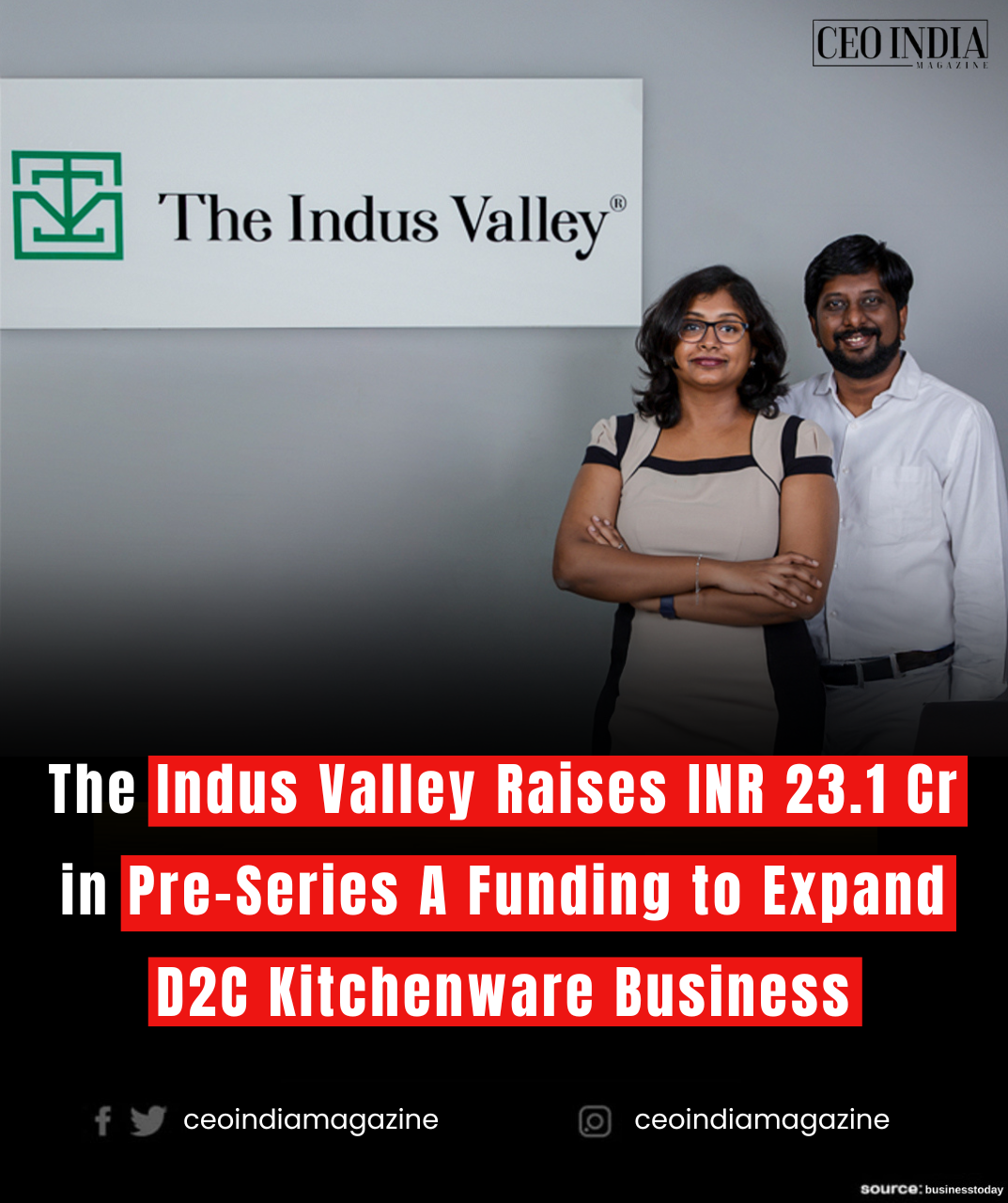
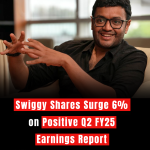

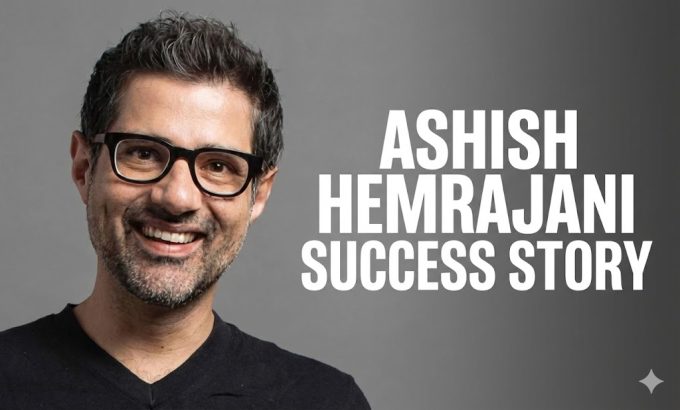
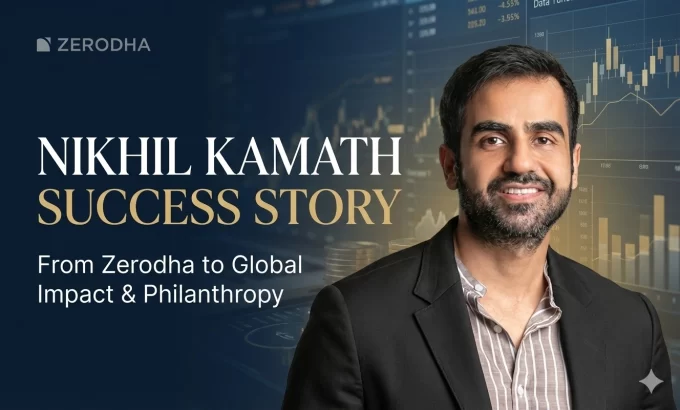
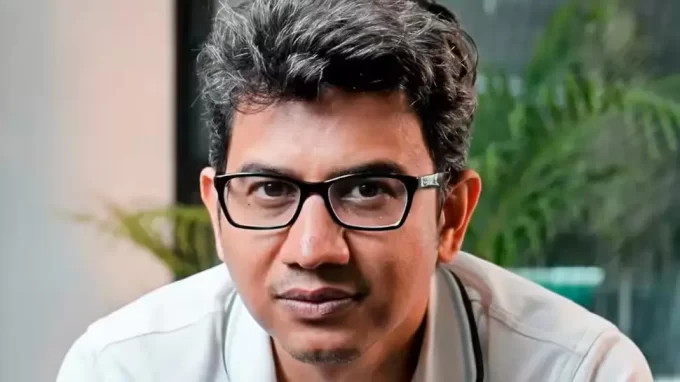
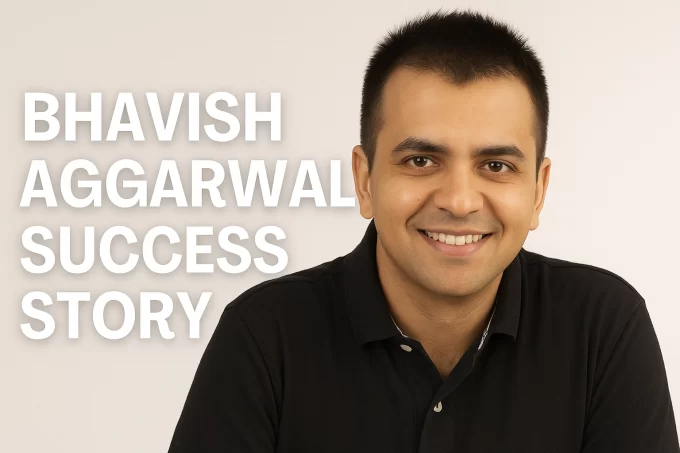
Leave a comment